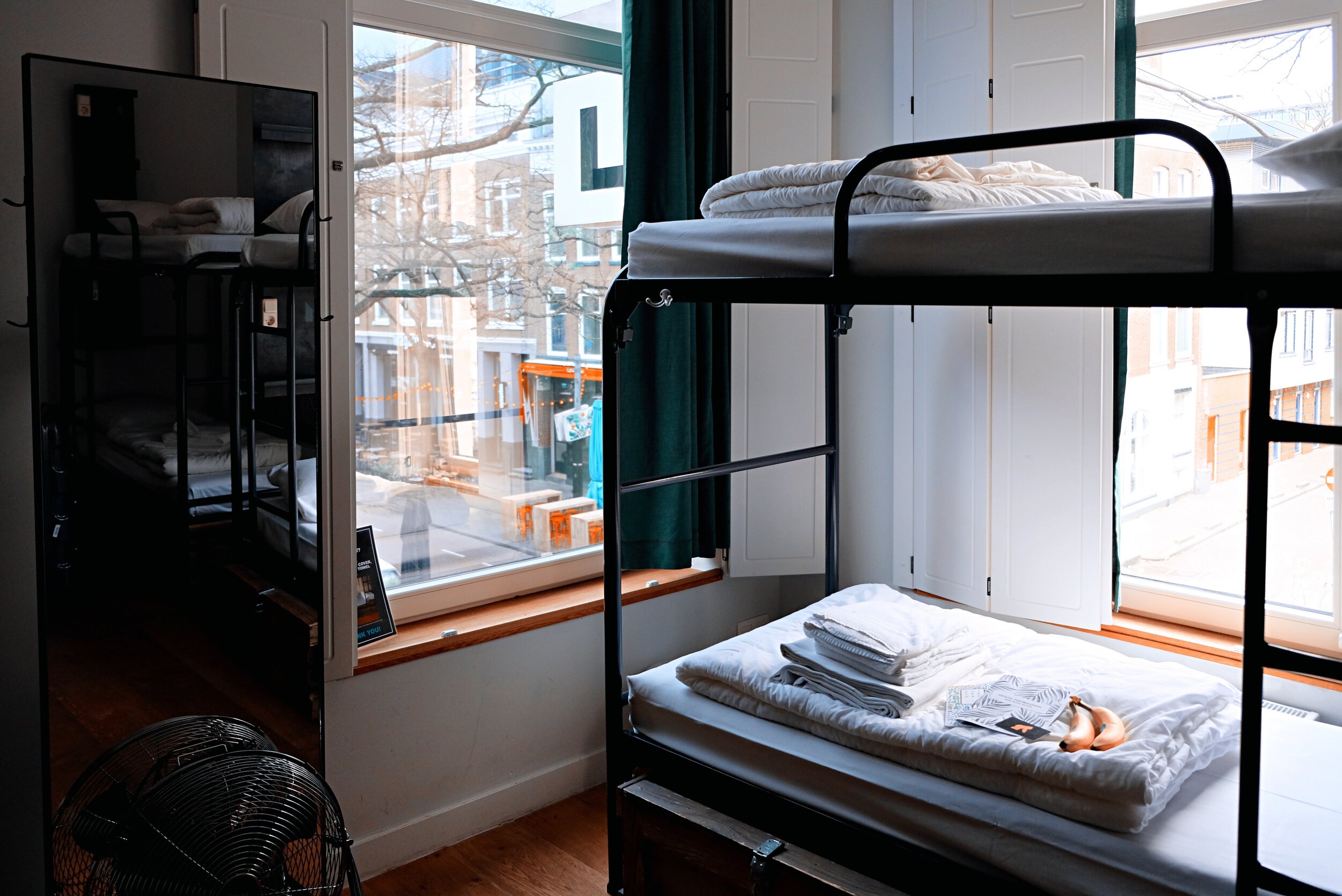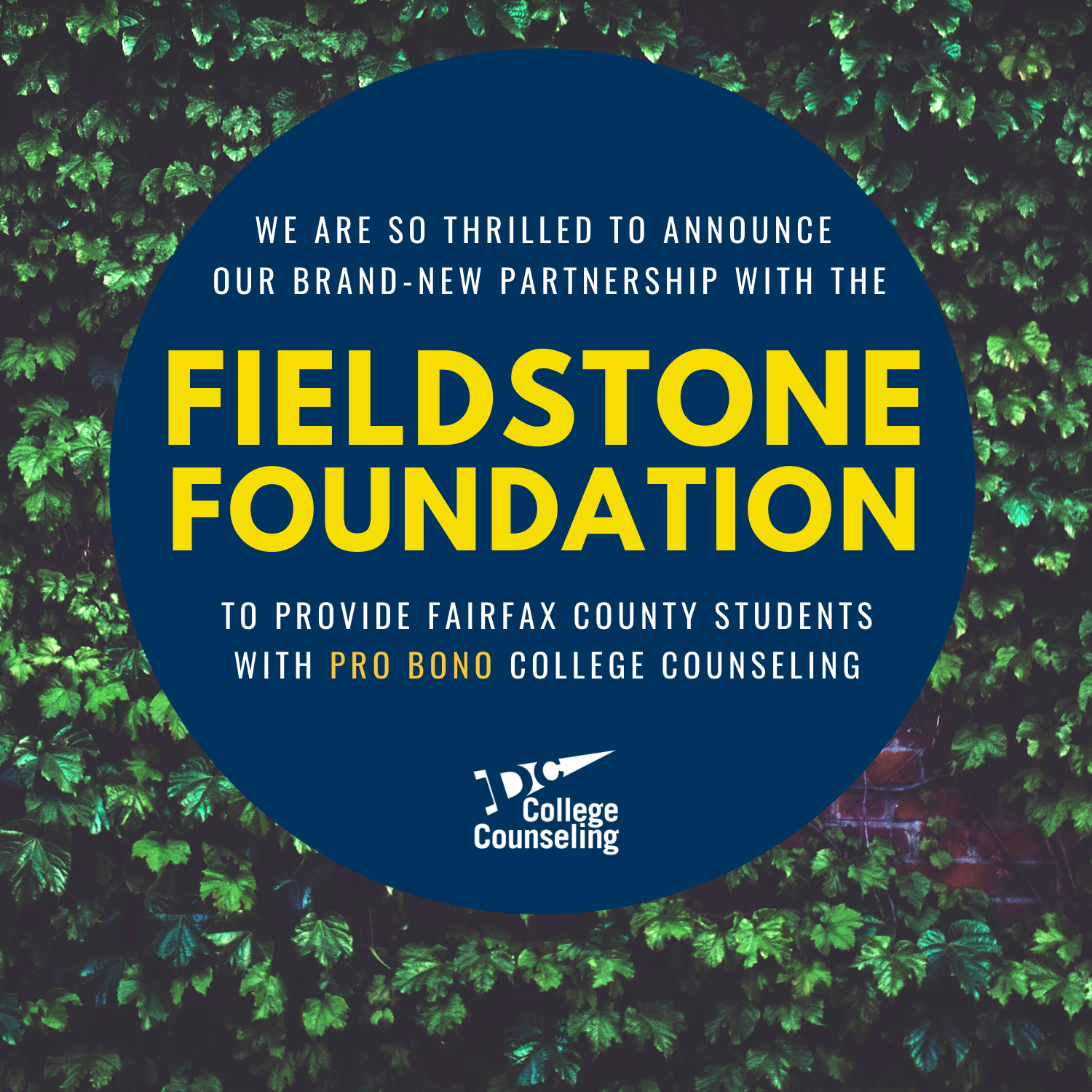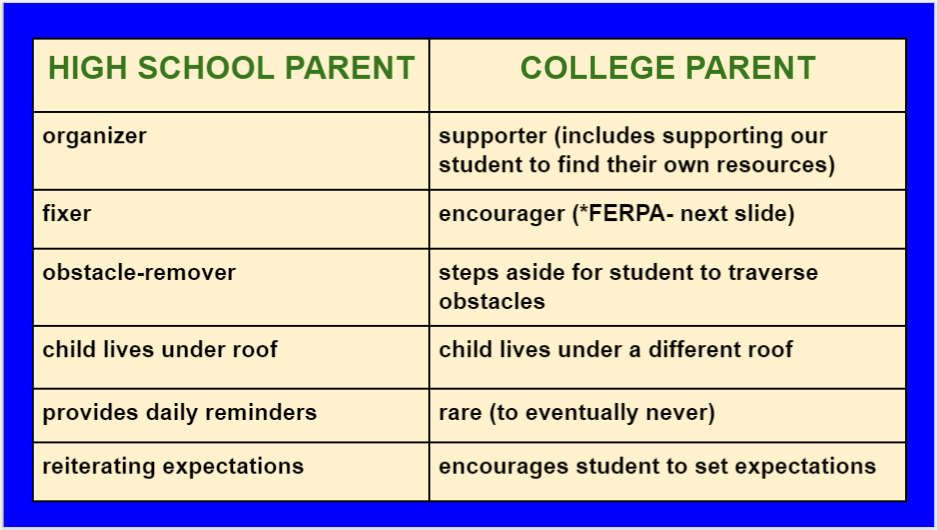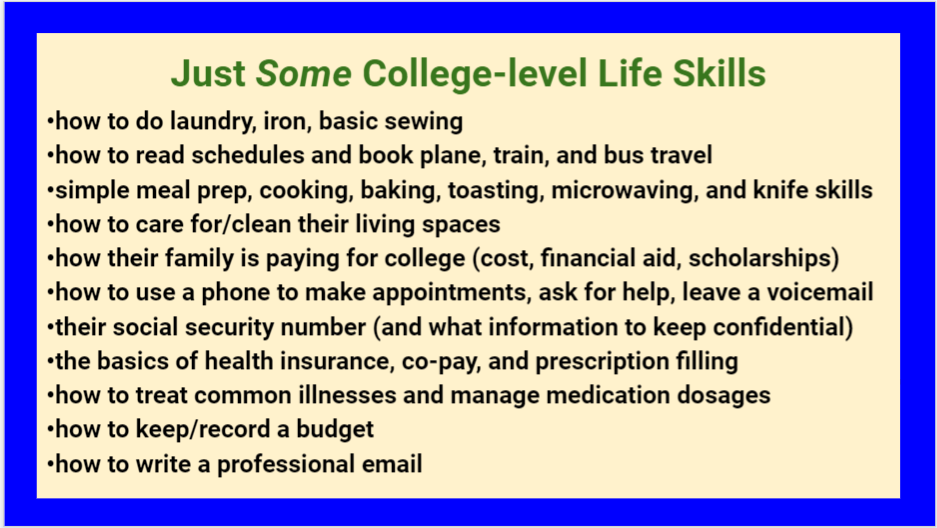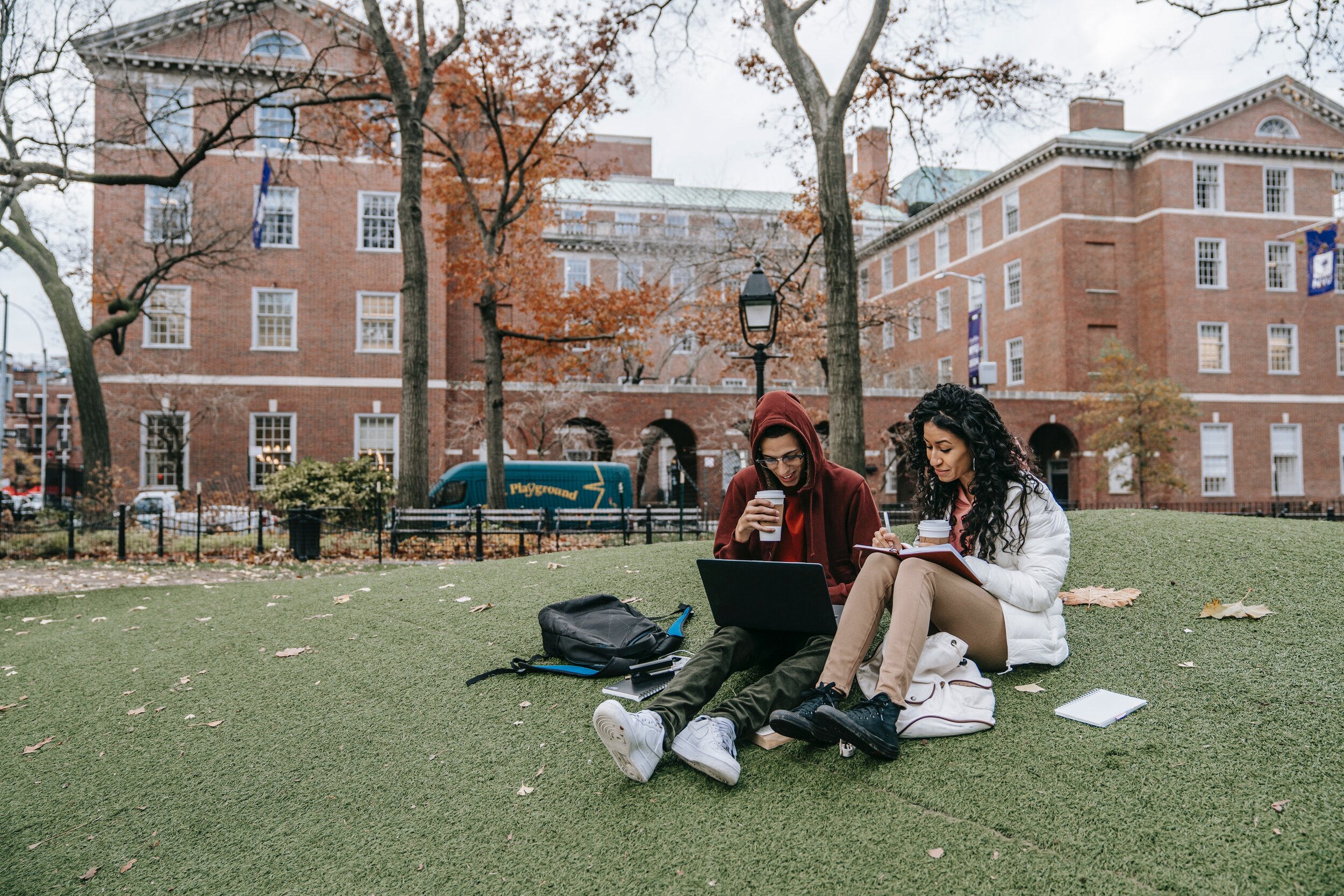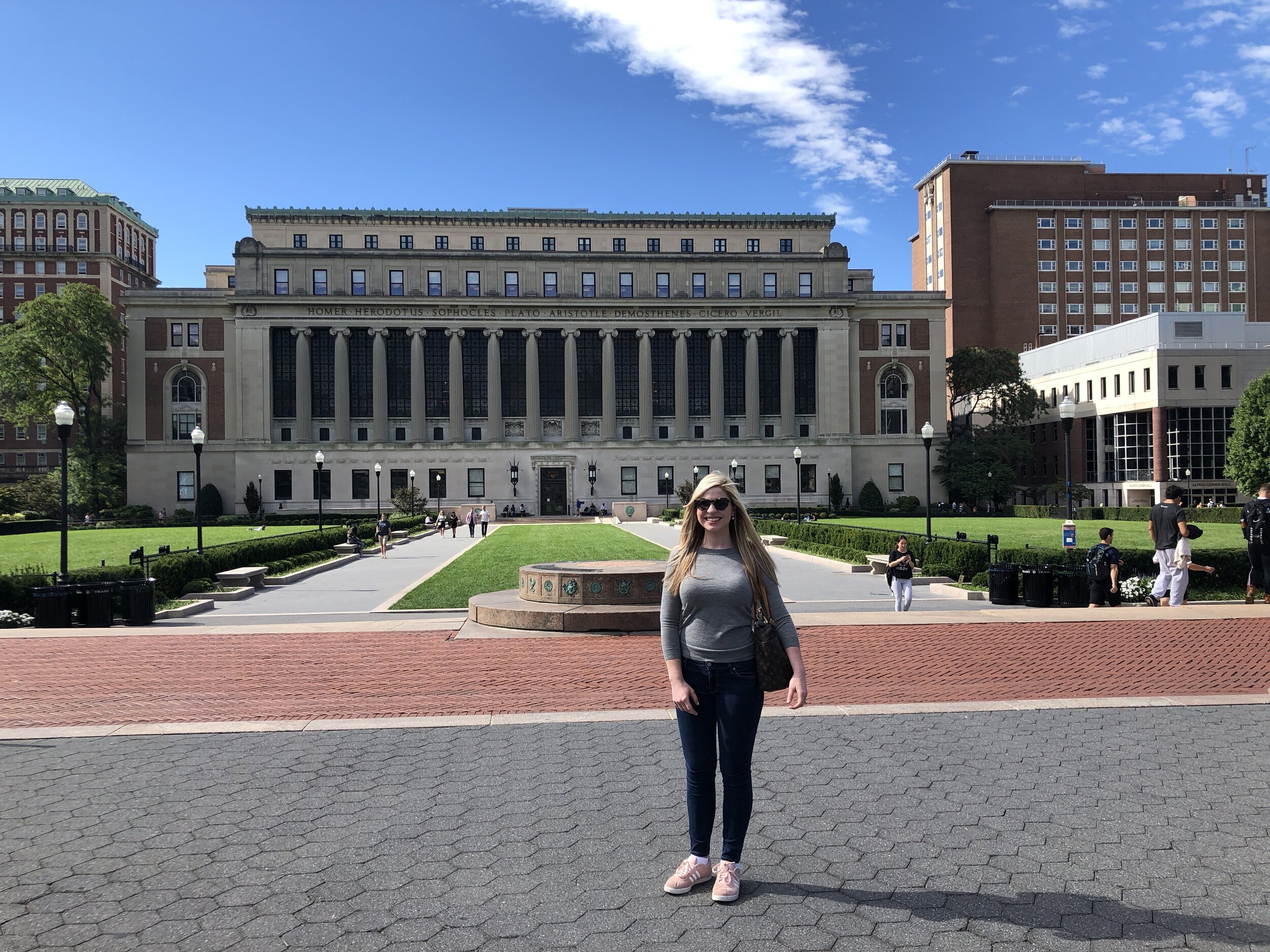Last week, we covered the ins and outs of the course registration process and how college experience coaching can help. While course registration is often one of the most complex and nuanced parts of the first few years of college, it is by no means the ONLY challenge that students will come upon their first year (and beyond!)
College experience coaching can also help when students find themselves needing to complete internal applications within their college or university. Unfortunately, these have become a common part of the college experience!
What do you mean, more applications?
Yup. As a college student, there are two main types of applications that we help students complete (while ensuring they put their best foot forward!).
The first is an academic application for a special program, school, or course experience that interests them. Many schools offer selective programs within the university that students can potentially enter in their second or third year. These are often pre-professional programs; for example, both the McIntire School of Commerce at UVa and the Robins School of Business at William & Mary will only accept students through a selective internal application process. And this is quite common elsewhere, too. There may also be scholarship opportunities, honors colleges, or even research funding for which students can apply while at school.
The second type is actually an extracurricular application. Believe it or not, many clubs and organizations also require (sometimes extensive!) applications and even interviews from students looking for leadership opportunities or membership in campus organizations. Frankly, this can be a pain, but these experiences are worth the effort; not only do they help students develop practical skills they need for the workforce, they are very useful when it comes to building resumes for job or internship opportunities. We help students stay on track to put together the best possible application packages - all while balancing their academic work.
What type of applications can you help with?
Applications are our expertise! Here are just some of the application types that we’ve successfully provided coaching to help students complete:
Honors College applications
Internal applications for selective schools or majors within the institution
Study abroad applications
Internship applications
Research or grant funding applications
Internal and external scholarship applications
Leadership positions, including those in greek life
Campus organizations requiring applications for baseline membership
Student government, student ambassador, and other institutional applications
Does my student’s school even have these types of opportunities?
Most likely, the answer is yes! But many of them may not be highly publicized, or your student may not know about the deadlines for some more selective programs. It can be really disappointing to realize junior year that research funding would have been possible, if only you’d taken a one-credit research seminar that is only offered to sophomores! We can help students investigate the possibilities on their campus and make sure they are on track to achieving their goals and making the most out of their experiences.
Can’t I just help my student with this stuff?
Yes! For some families, this works well and parents can help and encourage their students to make the most of the college experience. If that is you, college experience coaching may not be the best fit.
However, if any of the following sounds familiar, this may be a good investment for your family: “I don’t think she has any idea what she wants to do.” “I’m worried that he’s not thinking about his future.” “I’m not sure how to support her without imposing my own ideas.” “He says he’ll apply but the deadline is in two weeks and I don’t see how that’s possible.”
We hear issues like these from parents all the time. You want to support your student, but you also want them to have their own college experience. Or you think they need someone to talk to about their future plans, but you just can’t get them to talk to you without feeling like you’re nagging every time you get a phone call! A check-in with a professional can provide a sounding board outside of the family for both you and your student, giving you peace of mind and helping to keep your relationship intact.
Have an upcoming application deadline?
Reach out to Shannon today to learn more about college experience coaching, and check out our Packages and Fees page for more information on costs.
















